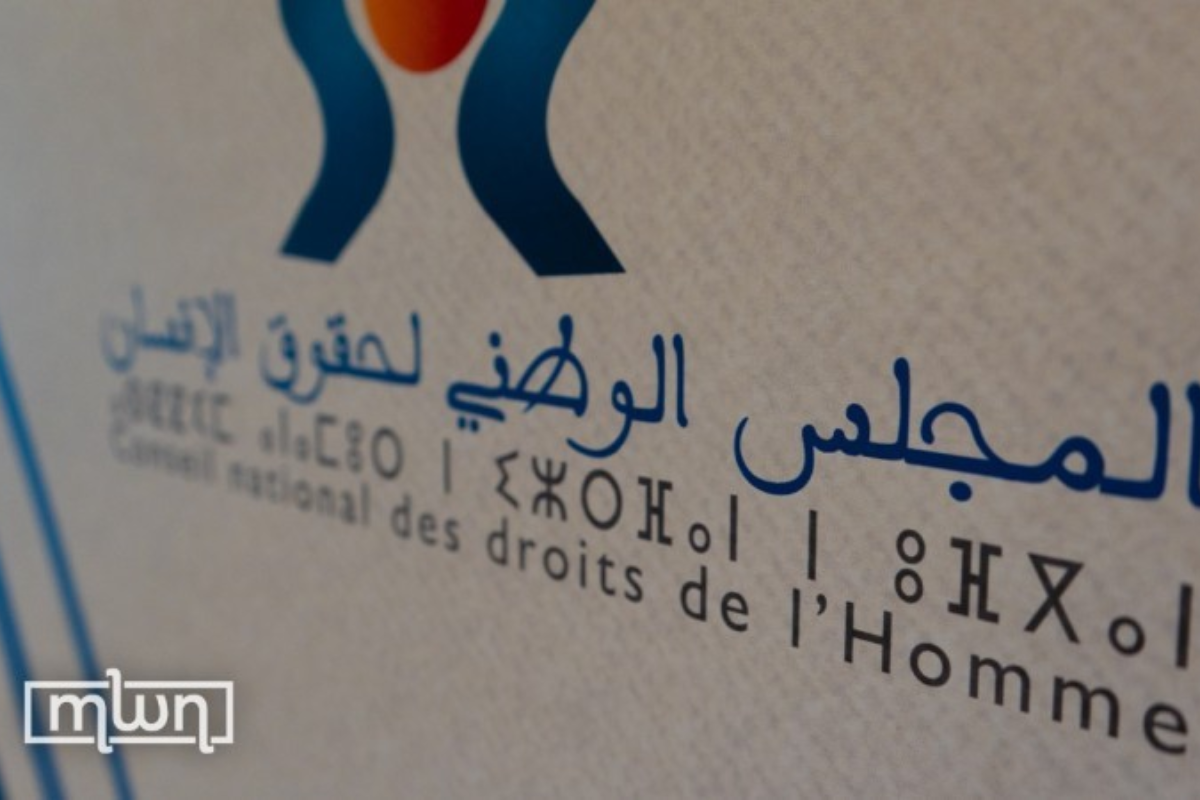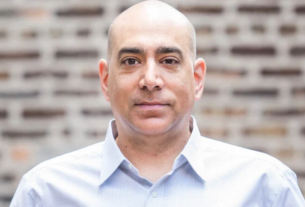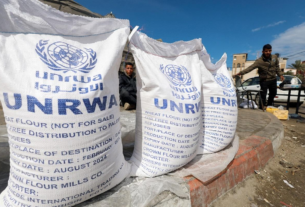The Mexican National Human Rights Commission (CNDH) has voiced its support for the Arab Human Rights Committee’s recent adoption of recommendations aimed at improving human rights in Morocco. This decision follows discussions between the committee and Morocco’s government on addressing key human rights concerns.
CNDH President Rosario Piedra Ibarra praised Morocco’s commitment to enhancing human rights standards. She described the recommendations as a crucial step toward strengthening human rights across the Arab world.
The recommendations focus on major issues, including gender equality, freedom of speech, and the protection of minority rights. These topics have long been sources of debate in Morocco and other Arab nations.
The Arab Human Rights Committee’s move signals a growing regional effort to tackle human rights challenges. One of the most important proposals includes reinforcing legal protections for marginalized groups and advancing gender equality.
Advocates for human rights reform have expressed optimism about these recommendations. They see them as an indication that governments in the Arab world are willing to address persistent human rights issues.
Despite this positive step, human rights organizations stress the need for real, measurable progress. They argue that statements and agreements must translate into concrete policy changes.
A spokesperson for a global human rights group emphasized the importance of action. Without implementation, critics warn that these recommendations will remain symbolic rather than transformative.
The emphasis on gender equality has drawn significant attention. Women across Morocco and other Arab countries continue to face discrimination in education, the workplace, and legal systems.
The recommendations call for stronger protections for women and measures to combat gender-based violence. Many human rights groups consider this issue a major obstacle to equality in the region.
Freedom of speech and the protection of political dissent also feature prominently in the recommendations. Journalists and activists in Morocco and other Arab nations often encounter severe restrictions when expressing their views.
The committee’s proposals aim to safeguard free expression and ensure individuals can speak without fear of punishment. Many see this as a necessary step toward greater political openness in the region.
Governments across the Arab world will face growing calls to implement these recommendations. The adoption of Morocco’s reforms may encourage other nations to pursue similar changes.
International pressure for stronger human rights protections continues to rise. The CNDH’s endorsement reflects a broader global push to hold governments accountable for human rights violations.
The international community will be closely monitoring how Arab governments respond. The success or failure of these reforms will influence future human rights policies across the region.
Morocco’s commitment to these recommendations could serve as an example for other countries facing similar challenges. Continued oversight and pressure will be necessary to ensure lasting change.




